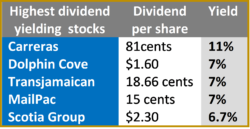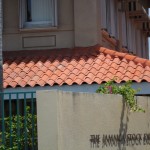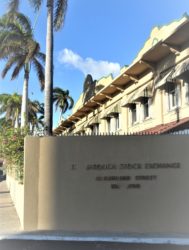Junior Market listed FosRich is considering another Public Offer of shares to the market, a release from the company to the Jamaica Stock Exchange indicates and if approved would represent the second public offering of shares in less than a year.

The company offered 55,729,647 shares to the public in July 2023 at $2.50 each which was fully taken up.
According to the Stock Exchange release, the directors will meet on February 6 to consider a recommendation to shareholders at an extraordinary meeting, the issue of the additional ordinary shares, at a time to be determined.
The company’s nine-month results, show revenues of $2.86 billion, up 11 percent from $2.58 billion in 2022 resulting in a profit plunging to just $135 million from $388 million in the prior year with earnings per share of 3 cents compared to 8 cents in 2022 in the prior period. The company reported a loss of $27 million in the third quarter compared to a profit of $90 million in the similar 2022 quarter
Fisrich shares traded 3.2 million shares with a gain of 17 cents yesterday to close at $2.47.
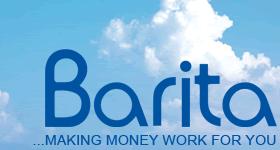

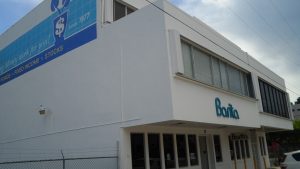
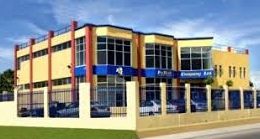 “We are currently examining a possible additional Public Offer (APO) in 2021,” managing director Cecil Foster stated in response to ICInsider.com enquiry as to why would they not take advantage of favourable market conditions currently to reduce the high debt load.
“We are currently examining a possible additional Public Offer (APO) in 2021,” managing director Cecil Foster stated in response to ICInsider.com enquiry as to why would they not take advantage of favourable market conditions currently to reduce the high debt load. The acquisition will be done through a New York based,
The acquisition will be done through a New York based, 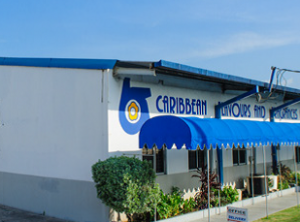
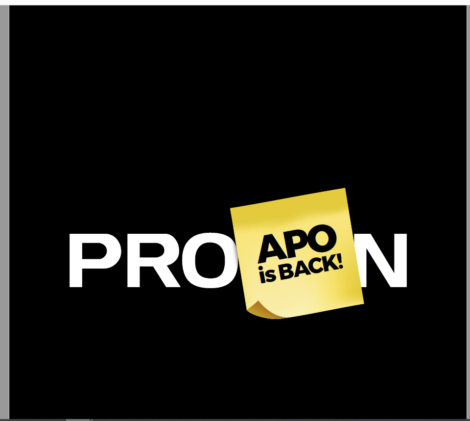 The agreement is for the purchase of shares from Massy Properties (Barbados) for US$21,452,500. “The consideration includes real estate for US$1,452,500, with the rate of return on the investment put at 15 percent based on the purchase price,” Christopher Williams, CEO of Proven, advised ICInsidier.com.
The agreement is for the purchase of shares from Massy Properties (Barbados) for US$21,452,500. “The consideration includes real estate for US$1,452,500, with the rate of return on the investment put at 15 percent based on the purchase price,” Christopher Williams, CEO of Proven, advised ICInsidier.com.
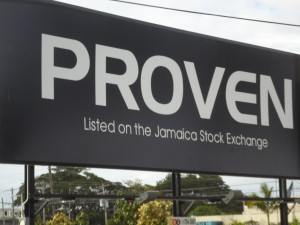
 Sygnus
Sygnus Mezzanine financing is a hybrid of debt and equity financing that gives the lender the right to convert to an equity interest in the company in case of default, generally, after venture capital companies and other senior lenders are paid.
Mezzanine financing is a hybrid of debt and equity financing that gives the lender the right to convert to an equity interest in the company in case of default, generally, after venture capital companies and other senior lenders are paid. In March this year, GraceKennedy Financial Group acquired 65 percent of the share capital of Key.
In March this year, GraceKennedy Financial Group acquired 65 percent of the share capital of Key.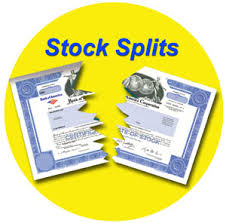 An APO is just like an IPO but it is usually better as the former is already listed and has followers and a wide number of shareholders who are familiar with the company’s history of management and financial wellbeing.
An APO is just like an IPO but it is usually better as the former is already listed and has followers and a wide number of shareholders who are familiar with the company’s history of management and financial wellbeing.


